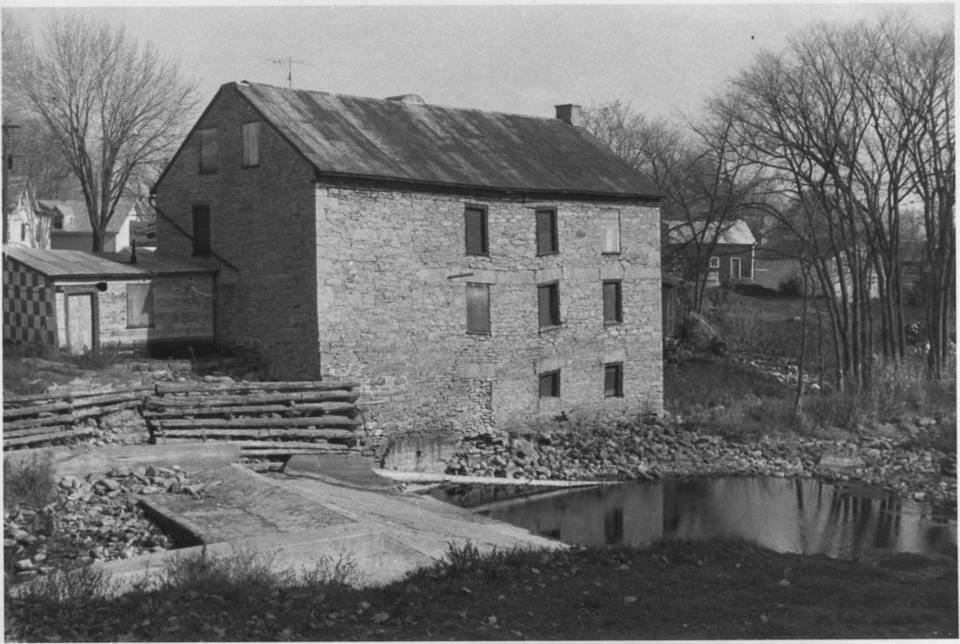This summer, I took a "history break" for health reasons, and I promised you I would continue writing as soon as possible. (Life gets a little tricky balancing a full time job, online classes, my history hobby, my newfound love for woodworking/painting/crafting, health issues, and life in general.) Well, guess who’s back! I just wanted to take a moment to thank you all for your kind words, well wishes, and for your patience.
As a “come back” article, I wanted to discuss history on the outskirts of Cornwall, about a tiny community that will always hold a special place in my heart thanks to my ancestors. Martintown, a tiny community in the township of South Glengarry, Ontario, will always have a special place in my heart. Martintown is one of the three communities that became home to many of my ancestors (St. Raphael’s and Williamstown, being the other two.)
Martintown is the town where my mother grew up, and over the years I have often lived vicariously through her while she recited many of her childhood stories to me. Between 1801 and 1803, Malcolm McMartin built a wooden grist mill, saw mill, and carding mill. By the late 1820s Malcolm’s son, Alexander, had completely taken over operation of all three mills.
The Martintown Mill that is currently standing, was built by Alexander McMartin in 1846. This four-storey stone grist mill was built with local fieldstones, and replaced the original mills that his father had erected. Like similar operations throughout the province, these mills provided the tiny community and the surrounding counties with much needed flour, feed for farm animals, textiles and lumber. Due to their excessive popularity, the McMartin’s Mills became a local meeting ground for the town’s people.
The mills attracted tradesmen, business men and residents, creating the village of Martintown. It has been stated that in its early years of operation, that McMartin’s Mills was a more important settlement than Cornwall. Despite the market becoming increasingly dominated by larger competitors, Alexander McMartin’s Mill continued to operate until 1951. Since 1997 the mill has been owned and maintained by The Martintown Mill Preservation Society. They are a non-profit organization, and the Mill is open to the public most weekends.



